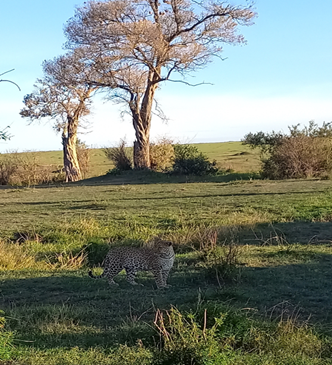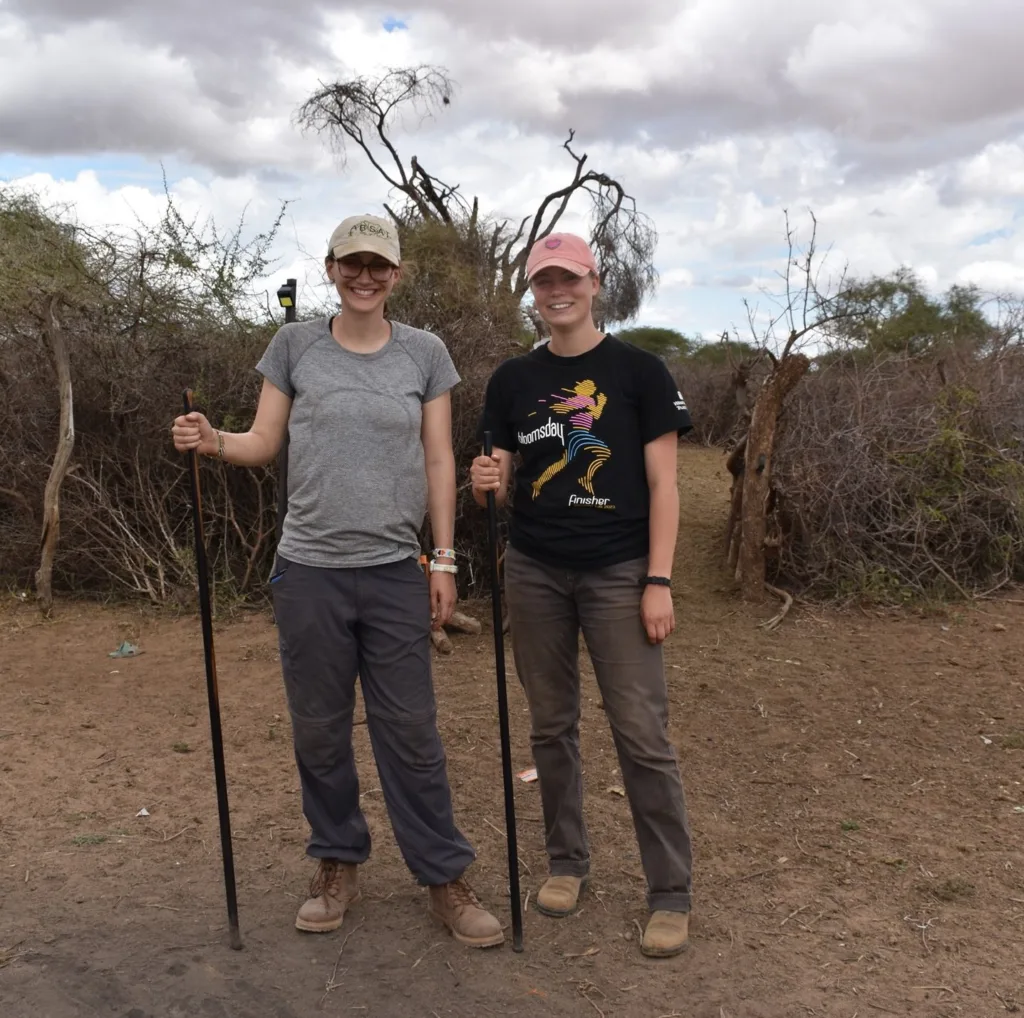Tashi Delek
Kuzuzangpola!
As the monsoon clouds roll in at Lame Goempa, we are at the end of our first week of the program. It seems hard to believe that the mid-term exams are just a week away, as is the beginning of our trek through the Tang Valley. A lot of the first week has been spent on the road, but finally our mobile university has come to a stop. Classes start at Ugyen Wangchuck Institute for Conservation and Environment (UWICE) tomorrow and the students seem well rested and full of energy.
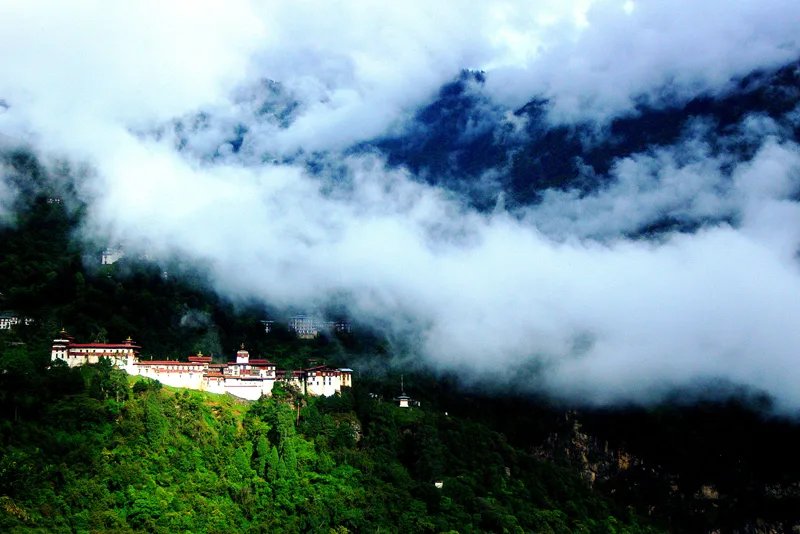
Similar to last year, our program structure divides the course content into a first “background content” week and a second “Directed Research” week. During this next week our academic goal will be to provide students with a multi-disciplinary background to the biophysical and socio-cultural realities of Bhutan. The lectures range from Himalayan ecology and human-wildlife interactions to development and conservation policy. Supplementing the talks given by SFS faculty will be various guest lectures from regional experts of UWICE. These lectures will expose students to current research happening in-country, while giving them an opportunity to interact with UWICE scientists. Furthermore, various field exercises, which include forest measurement, livelihood indicator mapping, and plant identification, will provide students with the tools and expertise critical for research.
The Directed Research (DR) component this year focuses on various forestry management systems and their interactions with historic and current changes in natural resource management policy in Bhutan. Our research sites will be in the gorgeous Tang Valley. The students will participate in focused personal research projects, which will allow them to explore a fragment of the larger research topic. For data collection, students will be divided in groups, across private forests, community forests, and government reserve forests, and they will be taught both qualitative and quantitative research methods to gather data. This year the larger research questions explore the impacts of forest policy on livelihoods, ecosystem health, labor migration, and community-based forest management.
As I write this the prayer flags are flying over the pines, and the students are hiking up from Jakar. We have had a wonderful start to the summer. Kadinchela to the staff for all the hard work and we hope the Buddha of compassion keeps smiling on us.
Tashi Delek!
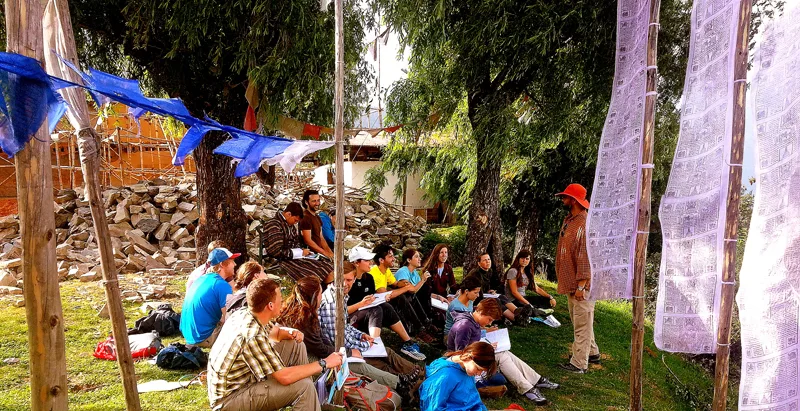
Related Posts
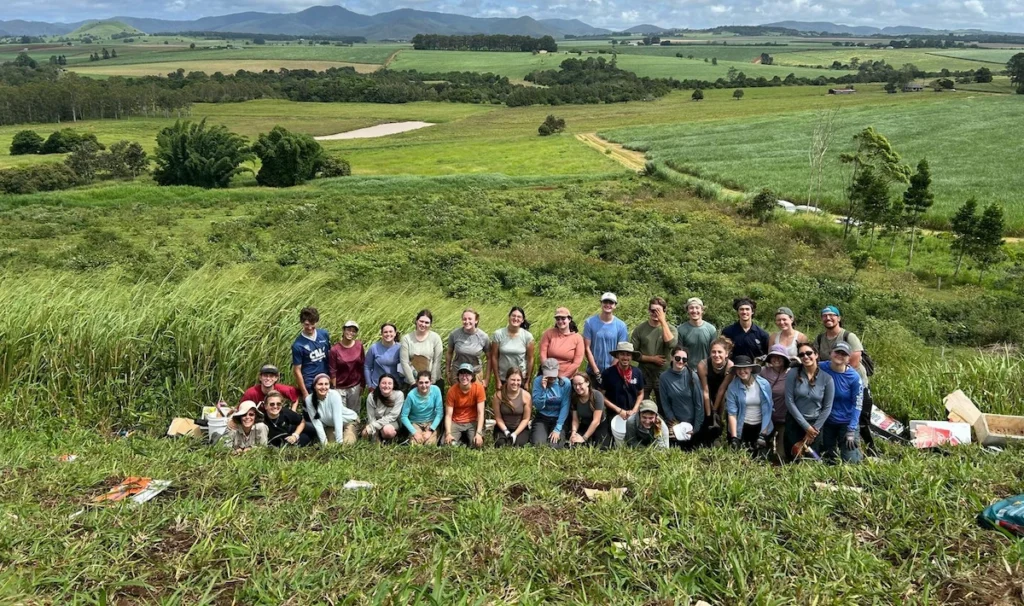
Cinder Cone Chronicles: Lessons from Drought, Data, and Determination
